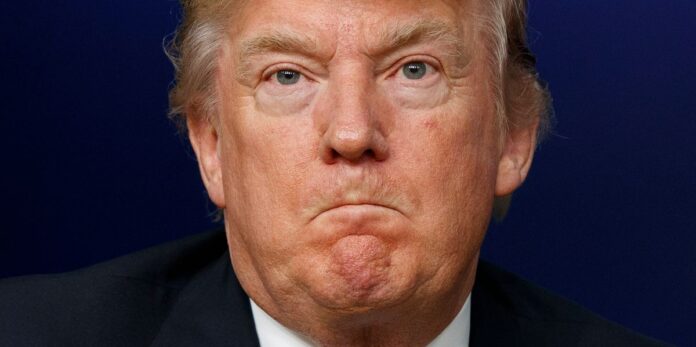Key Falsehoods or Claims: The article suggests that Trump’s second term will begin with a crisis that will test his leadership skills, which implies that a second term is a foregone conclusion. This claim is unsubstantiated and speculative, as it is based on predictions rather than factual evidence.
Source Analysis: CNN is a widely recognized news outlet, but it is important to note that it has been criticized for having a left-leaning bias. This may influence the way in which the information is presented and the conclusions drawn.
Impact on Public Opinion: Speculative articles like this can shape public opinion by planting seeds of doubt or certainty about future events, which can lead to polarization and division. If readers internalize the idea that a crisis is inevitable in Trump’s second term, it could influence their perception of his leadership abilities and overall performance.
Threat to Democracy: By presenting speculative claims as though they are factual, this article contributes to the spread of misinformation and undermines democratic principles. It fuels distrust in political institutions and can erode public confidence in the democratic process by promoting unfounded speculation as truth.
Hypothetical Scenarios: If this type of speculative reporting gains traction, it could affect voter behavior by influencing their perceptions of political leaders and their decisions at the ballot box. It could also contribute to a climate of uncertainty and anxiety, further polarizing the electorate.
Further Reading: For additional insight into the impact of media on public opinion and the spread of misinformation, reputable sources such as the Pew Research Center and Harvard’s Shorenstein Center on Media, Politics, and Public Policy offer valuable studies and analysis.
It is critical to approach media analysis with objectivity and discerning scrutiny, separating speculation from verified facts and maintaining awareness of potential biases in reporting.
Source link
Redirect URL
